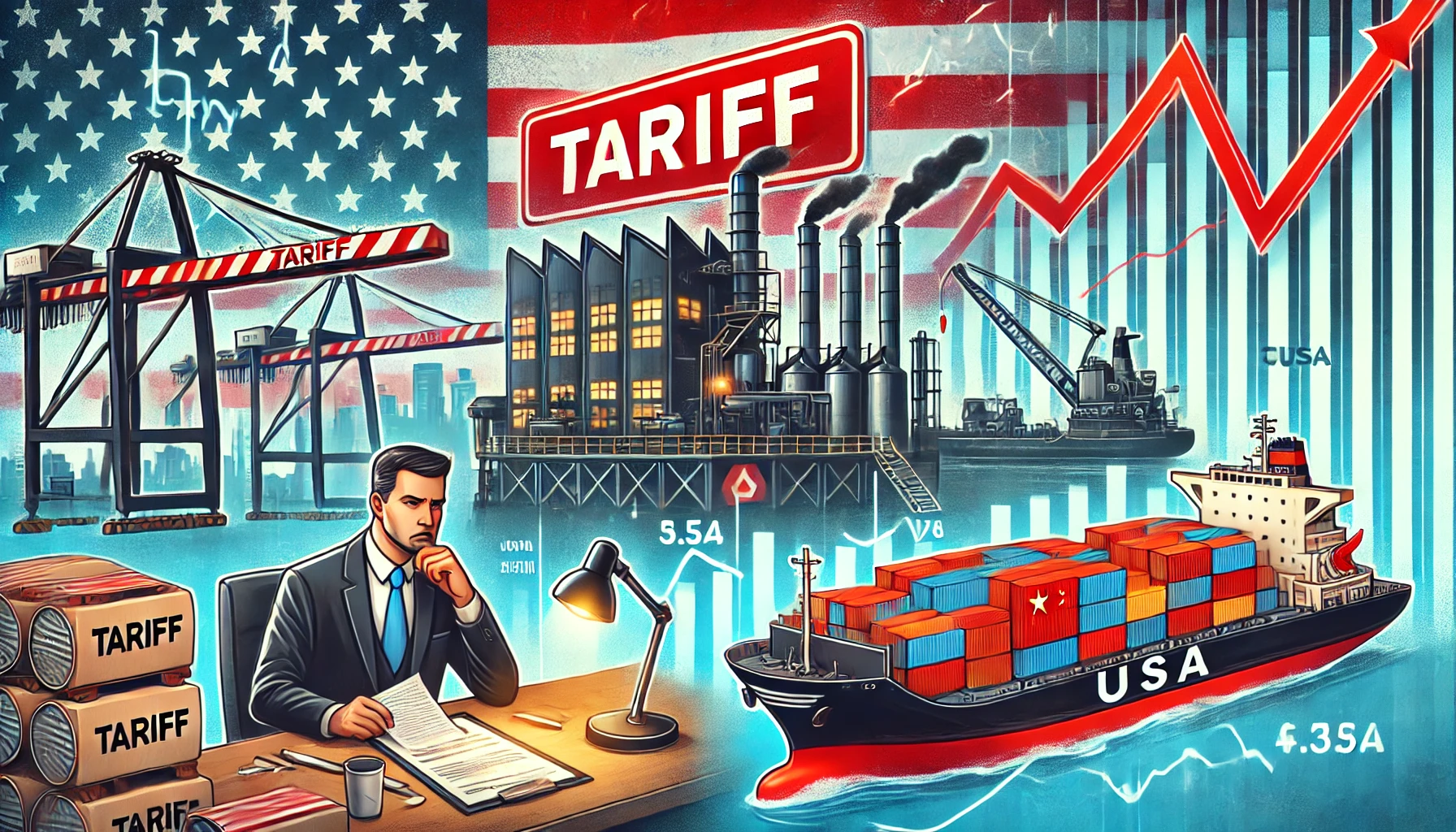Trade Tensions Shake US Markets: What Investors Need to Know
The latest wave of tariffs imposed by President Trump is sending shockwaves through US industries, disrupting supply chains and forcing companies to rethink their strategies. With tariffs on Chinese imports remaining intact while Mexican and Canadian tariffs face temporary delays, businesses across multiple sectors—particularly manufacturing, agriculture, and retail—are feeling the impact. For investors, these developments signal both risks and opportunities as companies adapt to shifting trade policies.
Why This Matters for Investors
The US stock market has reacted sharply to the new trade policies, with companies that rely on global supply chains experiencing significant volatility. According to a report from the Financial Times, key players in the food and manufacturing industries, including Tyson Foods (NYSE: TSN) and General Motors (NYSE: GM), are reassessing their sourcing and pricing strategies to offset increased costs.
Meanwhile, Wall Street analysts warn that persistent trade uncertainty could dampen corporate earnings and slow economic growth, making it essential for investors to evaluate their exposure to impacted industries.
Industries Most Affected by Tariffs
1. Manufacturing: Higher Costs, Lower Margins
The manufacturing sector has been among the hardest hit, as many companies rely on raw materials imported from China. The increased tariffs are forcing manufacturers to either absorb higher costs or pass them on to consumers, potentially reducing demand. Automakers like Ford (NYSE: F) and Tesla (NASDAQ: TSLA) have warned that prolonged trade tensions could impact production efficiency and profitability.
2. Agriculture: Export Struggles Continue
US agricultural exports, particularly soybeans, pork, and dairy, remain vulnerable as China continues to impose retaliatory tariffs. Farmers and food producers are navigating an uncertain landscape, with Tyson Foods recently signaling concerns over rising input costs and shifting consumer demand.
3. Retail: The Price Pressure Challenge
Major retailers such as Walmart (NYSE: WMT) and Target (NYSE: TGT) are bracing for price hikes on imported goods, which could impact consumer spending. As companies weigh the feasibility of absorbing costs versus raising prices, investors should closely monitor retail earnings reports for insight into how these firms are handling the pressures.
Future Trends to Watch
- Potential Policy Reversals: If trade tensions escalate further, policymakers may introduce new strategies to mitigate economic damage.
- Corporate Adaptation Strategies: Watch for companies shifting supply chains away from China or investing in domestic production.
- Stock Market Volatility: Sectors dependent on global trade may see continued market swings as new developments unfold.
Key Investment Insight
Investors should consider diversifying their portfolios to hedge against trade-related risks. Defensive stocks in sectors such as healthcare and utilities may offer stability, while companies with strong domestic supply chains could outperform those reliant on imports. Staying ahead of policy shifts and earnings reports will be critical in navigating the uncertainty ahead.
Final Thoughts
As US companies adapt to the evolving trade landscape, investors must remain vigilant, assessing how different industries respond to shifting tariffs. With the potential for further economic and market impacts, staying informed is key to making sound investment decisions. For daily market insights and expert analysis, follow MoneyNews.Today.





